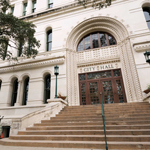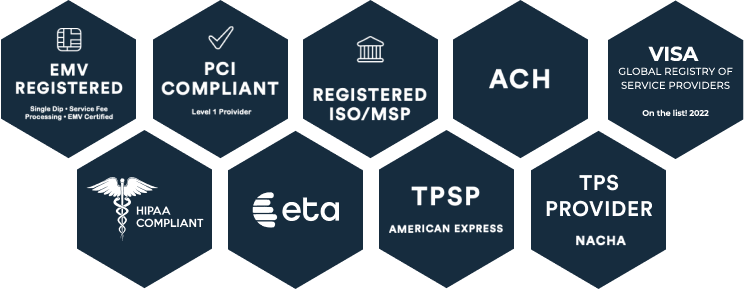In 2019, the Federal Deposit Insurance Corporation (FDIC) surveyed the use of banking and financial services in households. They found that 5.4% of US households were unbanked, the lowest recorded percentage since the survey’s inception in 2009.
Accessibility is the main issue for the underbanked. Finding convenient and secure access to banking and bill paying service solutions can be challenging for some individuals, forcing them to turn to alternative financial services, which may include:
- Money orders
- Check-cashing services
- Payday loans
In this article, we’re diving into what it means to be underbanked or unbanked, who falls into these categories, and what local government organizations can do to help ensure meaningful engagement with every citizen.
What Does It Mean to Be Underbanked or Unbanked?
In the financial world, the terms underbanked and unbanked are easily confused. While the terms sound similar and are often referred to as a comparable situation, they aren’t interchangeable.
What Does Underbanked Mean?
The term underbanked refers to an individual or family who has a bank account but chooses to rely on alternative financial services (money orders, payday loans, check-cashing services, etc.) instead of traditional credit cards and loans to manage their finances.
What Does Unbanked Mean?
Alternatively, unbanked refers to individuals or families who don’t use mainstream financial services at all. That means they don’t have a checking or a savings account and primarily focus their financial exchanges on cash by leveraging check cashing and payday lending.
3 Reasons for Remaining Unbanked
For those who are fully banked—having a checking and savings account and conducting financial transactions through modern bill paying service solutions—it can be difficult to understand why anyone would choose to remain unbanked or underbanked.
Here are three common reasons people don’t fully utilize traditional banking.
1. Financial Obstacles
Individuals might believe they don’t have sufficient funds to maintain a bank account. They may also have an inherent lack of trust in banking institutions, which might have come from prior experience or as an attempt to maintain privacy.
2. Social and Cultural Obstacles
Some may simply lack a need or desire to set up a bank account stemming from social and cultural beliefs, experiences, and roadblocks.
3. Institutional Obstacles
Perhaps the most common barriers to banking and financing options are institutional, including inconvenient bank hours or locations, hefty bank account fees, policies on poor credit history, or a lack of flexibility.
5 Ways Local Government Organizations Can Help
Local government organizations need to make services accessible to all of their constituents. Giving citizens a variety of solutions that work for their needs can go a long way toward building trust and relationships.
Here are five ways your organization can help unbanked and underbanked citizens make payments and access services.
1. Build Trust
Many individuals are unbanked or underbanked because they don’t trust traditional institutions. Working to build trust with your constituents can help encourage their utilization of your bill payment service solution.
2. Offer Equal Opportunity
As we pointed out above, a lack of equal opportunity can prevent underbanked citizens from paying for their utilities, services, and more. Offering equal opportunities means creating pathways for all citizens to make payments.
3. Provide Services
By providing adequate services (including utilities, access to activities and events, etc.), local government organizations can build trust with underbanked and unbanked citizens through:
- Community outreach
- Education
- Communication
- And more
4. Facilitate Convenience
Convenience is essential to providing better access to a bill payment service solution. Modernizing government payment channels facilitates a more streamlined payment experience for all citizens.
5. Receive Payments On Time
For government organizations, receiving on-time payments is crucial to maintaining cash flow. By facilitating better services, accessibility, and more convenient and flexible payment options, you can encourage your constituents to make payments on time.
Provide a Bill Payment Service Solution to All Citizens with CORE
It’s time to leap toward streamlined digital solutions that better serve your unbanked and underbanked citizens—CORE can help.






